In Nigeria, we refer to newcomers as “JJC” which means Johnny Just Come. That was me in Uppsala last August when I first arrived after 2 years of consistently Uppsala dreaming. Let me quickly say Uppsala continues to surprise me; it was everything I had imagined and more. Like life, a great part of your experience here is what you make of it, your effort to seek the things you want and the willingness to be open to adventure. You will get frustrated at some “Swedish things” but instead focus on understanding the people and the little things that matter to them is the magic in “surviving” your Swedish adventure. Uppsala is beautiful!

I wanted to share how I ended up un Uppsala since this is my first blog post for Tagged for Uppsala.
My name is Margaret Aligbe from Nigeria (You already know that by now) and I am studying Masters in Sustainable Development. I had always wanted to study in Scandinavia because from Nigeria, it was a less-traveled route and it was somewhere up there with all the “laidback’’ lifestyle and love for nature stories. I needed something different and needed some “green” and “chill” in my life, after living in Lagos for so long (Have you been to Lagos? LOL). I wanted an escape period of learning, so I made up my mind for a masters’ education. How I ended up in Sweden was partly because Swedish people spoke very good English (you have probably heard this before) as I confirmed for a former Tagged4Uppsala Blogger, Oluwafisayomi “Fifi” Adesina and another Nigerian student at Linkoping, Mobolaji Folorunso. Becoming a student at Uppsala University was the icing on my cake, there was nothing you were going to tell me to change my mind when I made it my first choice and I was determined to be here.
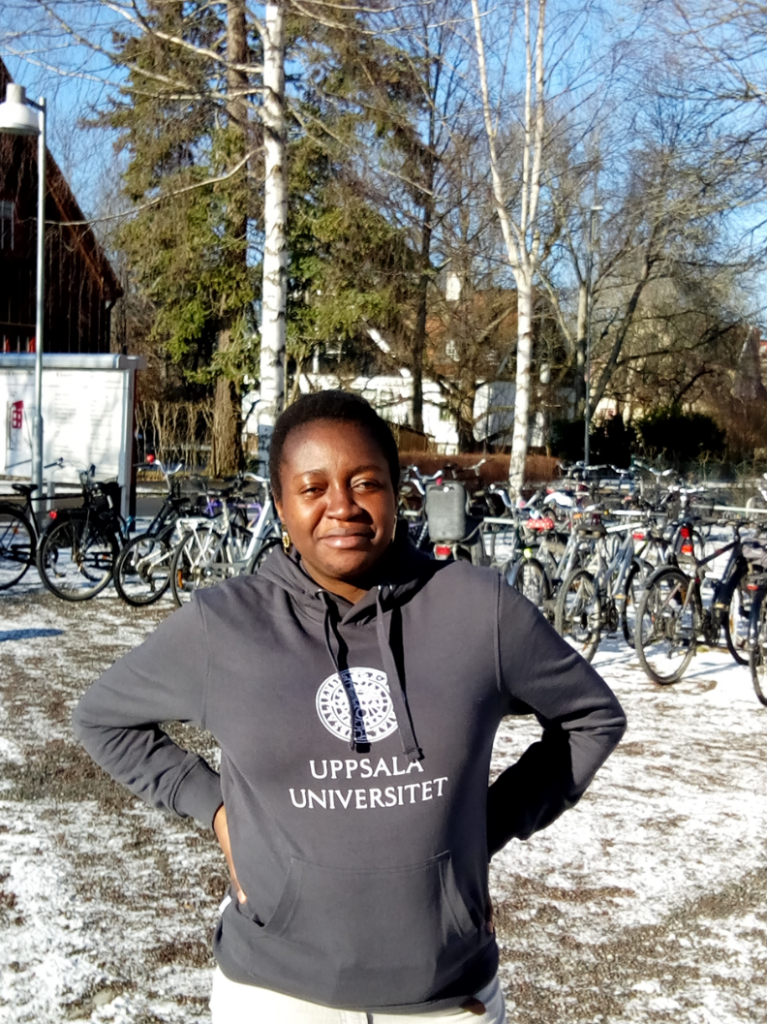
In Sweden, I discovered from my research before coming here that the goal of learning is more about application than ‘’head knowledge” which was fascinating to me. As a student, you focus more on understanding that being worried about grades because in the real sense, when you understand what is being taught, you have no cause to fail. The educational system at Uppsala University reflects what the Swedish mantra “Lagom” meaning balance. Also, since I wanted to sustainable development, Sweden a major player in the sustainability discourse had to be the place to study; sustainability here is major, permit me to say, it is sustainability on steroids, no one jokes here about it and yes, it is that deep.

And yes, seriously, I came here because of Fika!
There are so many things about Uppsala to “gist’’ (Nigerian word for an informal chat or little talk) you about Uppsala and you have read or heard a lot, but I will stick with the food Nigerian version and the weather in another post.
The ‘’Naija’’ Cravings… (Naija is a shorter and savvier way of saying Nigerian)
Food is central to our lives as Nigerians, in families, parties, offices; food is something very “serious’’ not just to us as Nigerians but to many cultures, I believe. This means, as an adult going abroad to study, you are more likely to carry that “baggage” along even if you drop everything else; your cravings stick with you on your journey. Children may easily change their diets to what is available, but it is not that simple as an adult, perhaps over time but since I just got here last August, it is fair to want to eat Nigerian.
As a Naija girl in Uppsala, those cravings got more serious. From wanting to eat local spicy or “pepperish” dishes like catfish pepper soup; Semo and ogbono soup; Amala and ewedu with ponmo (cow skin); pounded yam and egusi (melon) soup; moimoi; Beans or Ewa agonyi (similar to how lentils are prepared) and Ijebu garri; yam and egg to wanting Nigerian Indomie Noodles …..I had to fix my cravings because it was one of my best coping strategy away from family. I eat a couple of Swedish food like meatballs (köttbullar), Cinnamon bun (kanelbullar), semla; I cannot even count how much kilos of potatoes I have eaten and I still drink so much coffee already but you see there is something so strong about being a typical Naija foodie that it is such an old, die-hard habit.
If you are a Nigerian or someone with the Naija appetite reading this, be rest assured you will survive so well in this beautiful city. You will be surprised by the food you will find here. There are a couple of African and Asian stores spread around Uppsala where you can find 95% of the food you crave for and cooking ingredients like Maggi, Nigerian Knorr cubes, crayfish, dried catfish, ground ogbono, egusi (melon), semo, poundo yam, raw yam, plantain (ripe and unripe), bitter leaf, ugwu (pumpkin leaf), ugba, fufu, Iru, palm oil, the hot pepper we call “atarodo” in Nigeria…the list goes on and on.
Below are some pictures of my Naija Foodie moments;
Buying these local foods can be expensive because price is based on weight, which would mean a small yam can be as high as 50 Swedish kronor (side-eye…lol) and then you begin to start calculating the price in your local currency (I know I am not the only one, who can’t help this behavior), in my case Naira or you start wondering why that pepper has to be so expensive but I eat I must.
Satisfaction with some frugality
As a student, being frugal is key to saving and one way to achieve that is by cooking your own food. When you are buying a cup of coffee every day for “just” 10 kronor, it eventually adds up and cripples your budgeting skills. So, you want to eat well in a smart way! After buying that monthly student bus ticket of 590 kronor (if you do not know how to ride a bicycle like me) and you have paid your rent, food for the month is the next major budget item.
When I go to local supermarkets, I am always checking the dates on meat, milk, fish and vegetables. You do not want to buy something you cannot finish before it expires, you want to consume it while it is still fresh. Every time, food wastes, your money goes (arrrghh…. the pain in Swedish krona), then you must throw so much away and probably buy the same thing again. To avoid this cycle of waste, I spend more on food I love to eat, this means, I buy less outside and eat more of home-cooked meals.
When it comes to Nigerian food cravings, extreme frugality fails but it is always worth it because I can basically live a whole month without buying any extra food and I feel satisfied after every meal. I must add that there will always be some fika here and there with free food. I try to eat some macaroni or spaghetti instead of rice every time, this also saves me some money they are cheaper options compared to rice and variety is the spice of life after all. To eat Nigerian means you have to be very disciplined with your spending and as much as it is good to cook meals weekly and storing them in the fridge for the week, sometimes, having so much could amount to waste, as you may not want to eat the same food continuously for a whole week; you have to be tactical in managing your expensive ‘’Nigerian’’ food. You can also make soups like egusi, ogbono, seafood okra or stew (our local tomatoes and pepper sauce), which can last you for so long and you can eat it with different meals like yam, rice, spaghetti or even bread. The trick is to find the perfect way to mix and match what works for you; then you can prepare different types of rice and not get bored the whole week.
After months in Uppsala, I started to reduce my portions, I cannot explain why but it happened to me, which meant, my raw food stayed longer and I did not have to go to the African store often like when I first came, I guess it is one of the things that has changed with my cravings; eating lesser portions but drinking so much water; carbonated drinks are so expensive with sugar tax (what is that? Lol), I might as well cut down on my Coke and Pepsi cravings (In Nigeria, you need Coke or Pepsi to step down your food lol).
Disclaimer; No, I don’t eat my cooked food every time. No matter how frugal I try to be, I allow myself to eat out sometimes if I can afford it, Cooking can be hard work sometimes. I cut myself some slacks on my budget. It is not always that serious.
No Meat?
Meat is expensive. When I say meat, I mean beef and chicken.
In Sweden, people eat less meat and it is something serious even though I have argued in class about how eating meat is unsustainable based on how the meat is produced (a story for another day). While we have free-roaming animals in many parts of Africa meaning we buy our meat fresh less processed; here, it is mostly packaged and likely traveled over a long distance before reaching final consumers which could is not environmentally friendly. Meat is central to our meals in Nigeria and so wanting to make soups mean I have to buy meat but the secret is; how you buy (Freshly slaughtered or already packaged determines how the meat will taste like), where you buy and in what quantity you buy is very important in saving cost. You can also include fish in your diet like Mackerel (called “Titus” in Nigeria) and other types like Alaska Pollock (Called “Eja Panla” in Nigeria) or Stockfish (called ‘’Okporoko”) in Nigeria and salmon Fillets which tastes really good. Another way would be to buy chicken parts like gizzard or parts like liver and kidney if eating meat is a must.
The least of your worries…
This is more of a Nigerian foodie experience but from my interaction with people around the here, everyone has a way of surviving on their local dishes here and that means wherever you come from, there is always an amazing experience with every meal here in Uppsala. A city that is so big yet very warm you would love it when you are here. Food will be the last thing to worry about. Everyone is welcome!
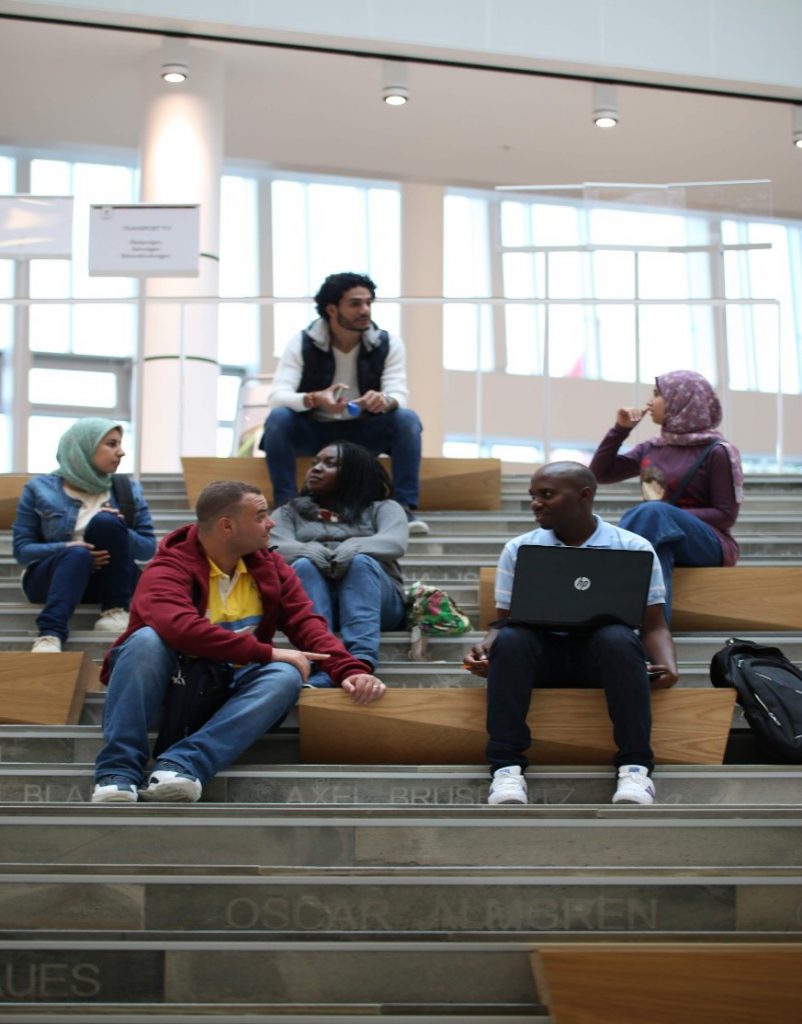
And so, the journey continues….
/Margaret


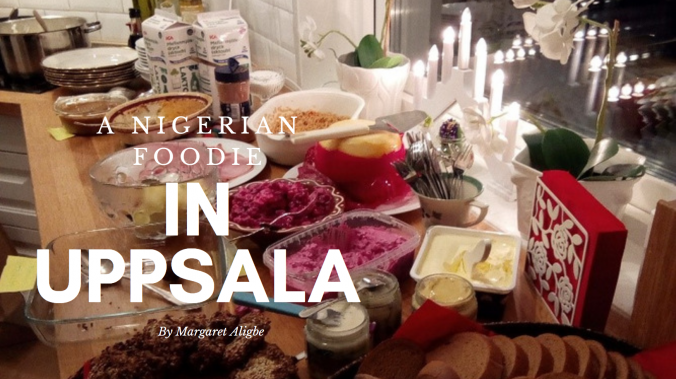

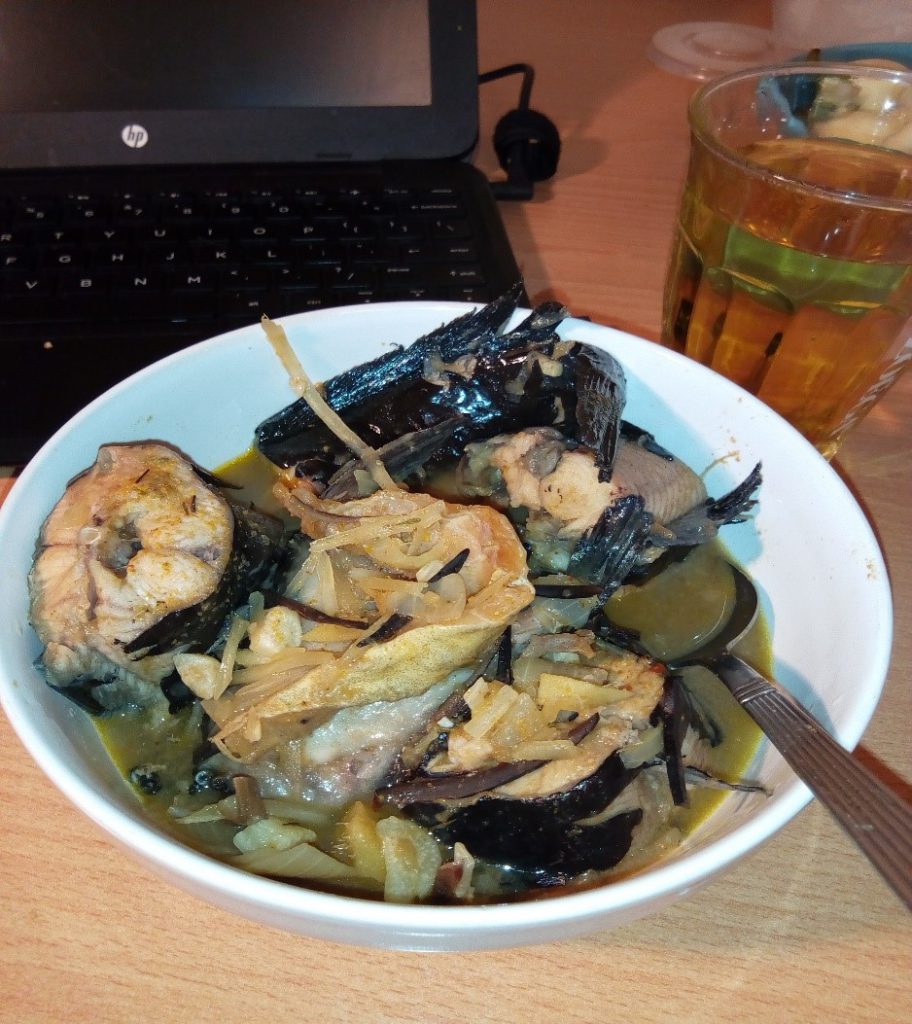

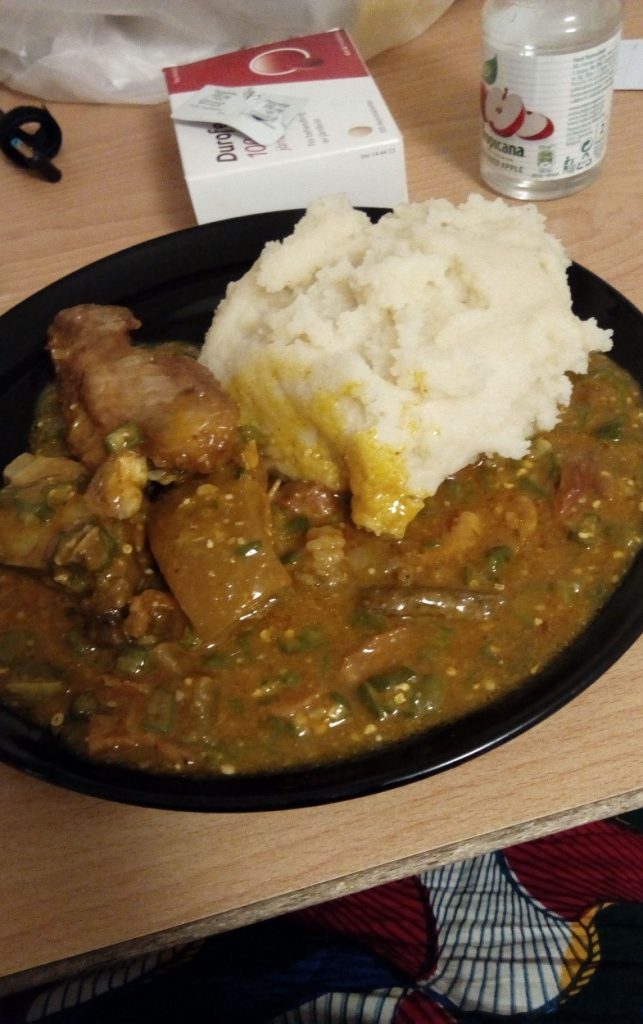
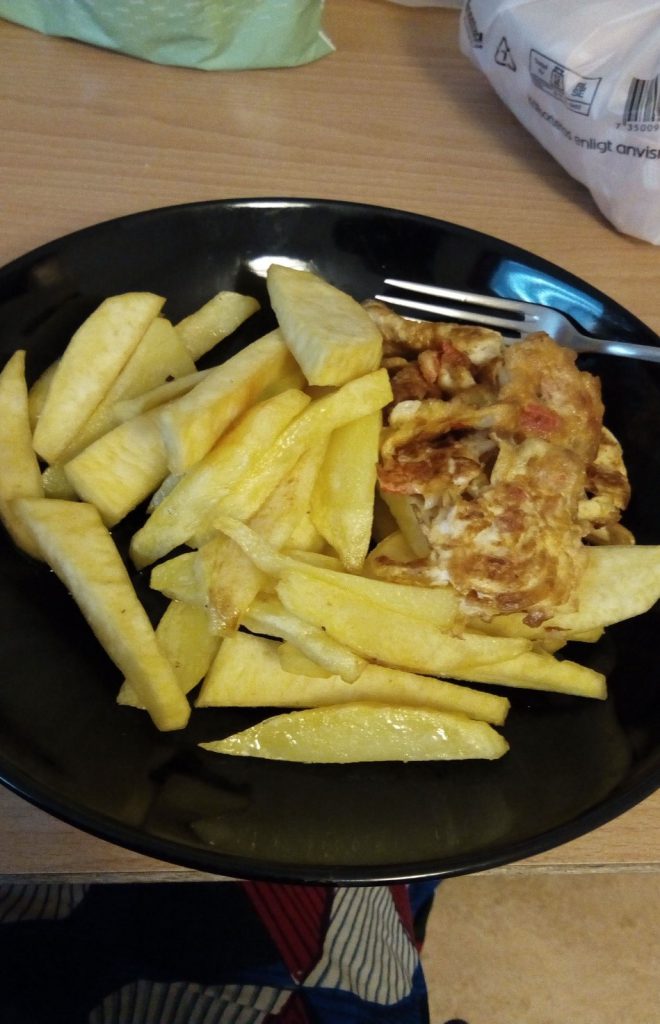
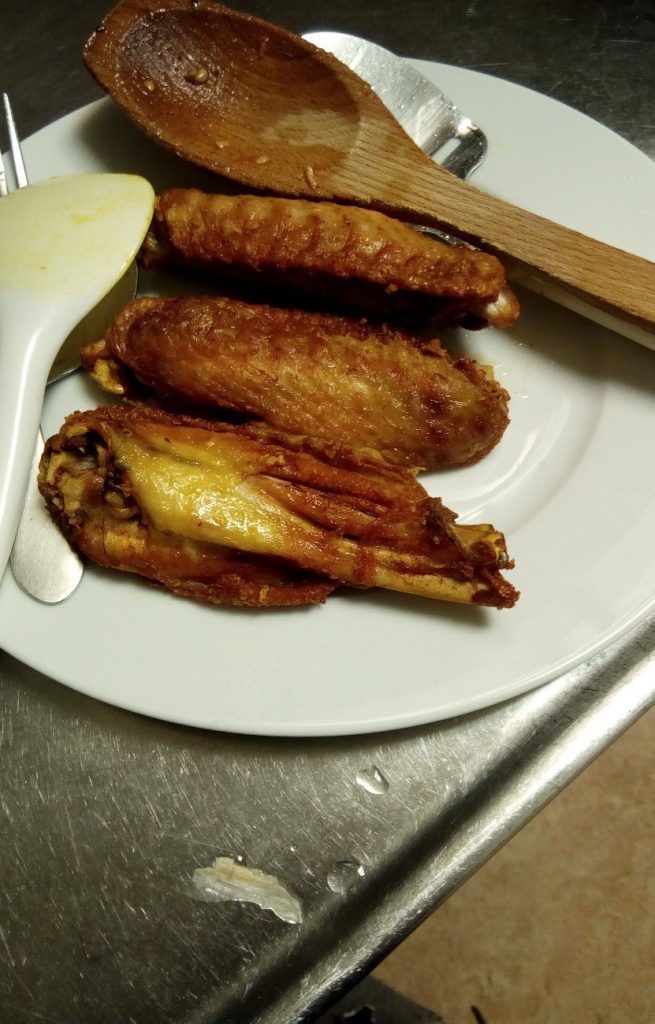
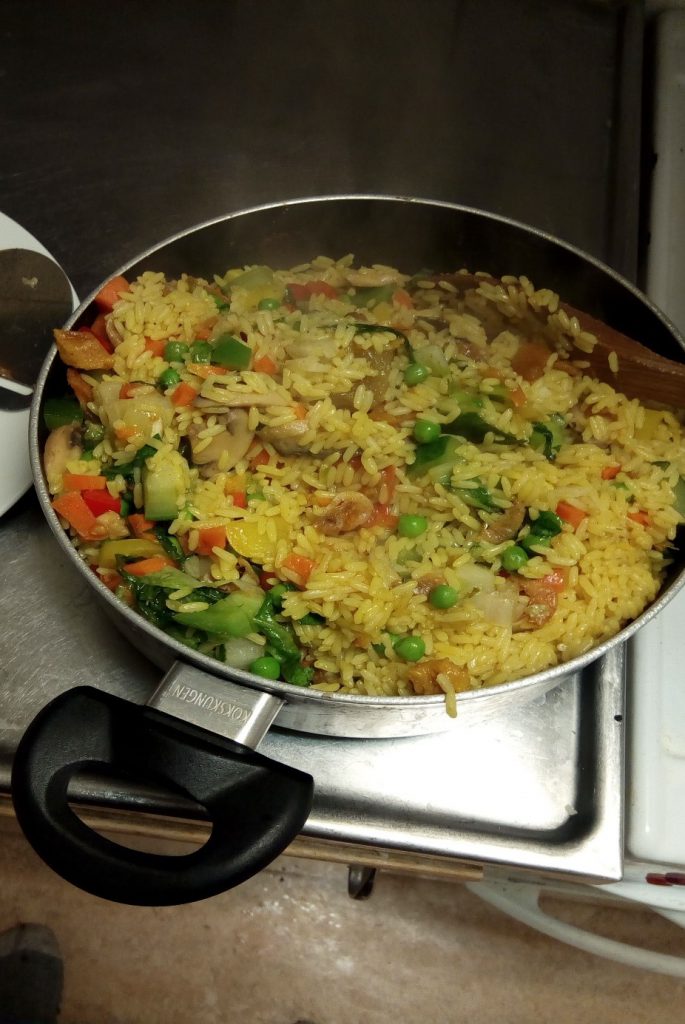

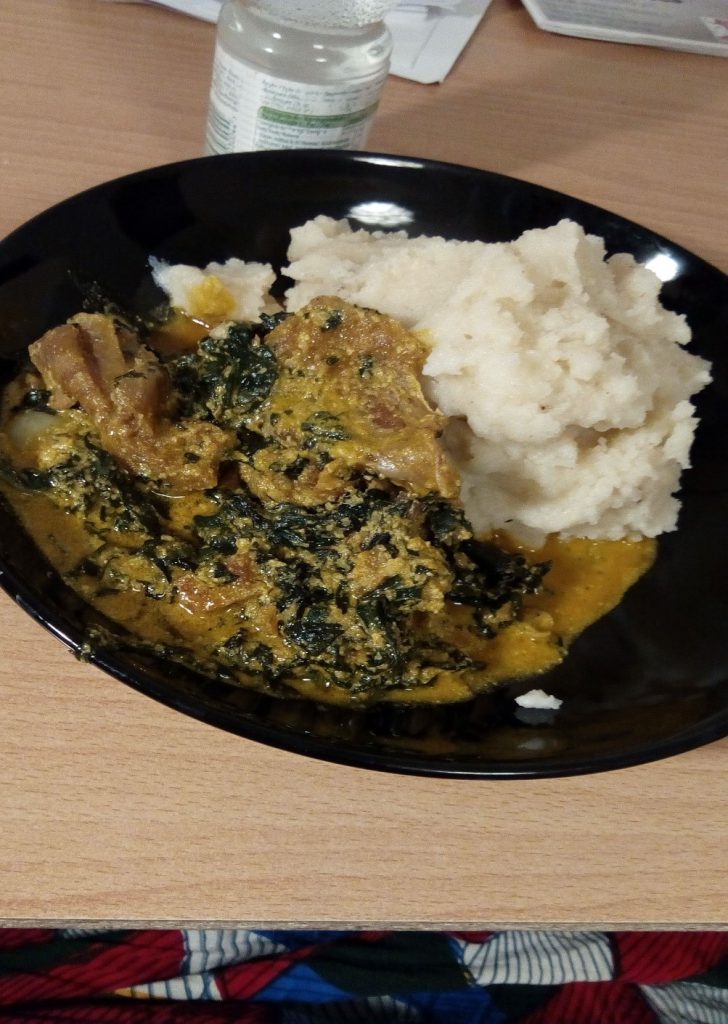

Nice one
Enjoyed every bit of your write up
Will love to know more about accommodation too
Nice read! I really enjoyed this and hope to have this experience come August 2020 and beyond.
For once, I feel a sense of hope (in terms of feeding) too if I am finally granted admission to study the same course as you and also shortlisted as one of the few selected SI scholars (I got to know you’re a scholar too). Please, accept my request on LinkedIn.
Interesting read. Good to know African stores is readily available in Uppsala. Hoping to have my Masters there too this summer.
Very informative. At least I don’t have to come with my Ghana-must-go bags full of local foods when coming next session.
your post captivated me it showed me how warm Uppsala can be and also food friendly. so one can really be comfortable
Kindly link me up with Nigerians in uppsala University.
Thanks!
Hello Margaret Aligbe,
Nice to read about you.
Please let me inform you that we can supply you with most of our Nigerian foodstuffs like red palm oil from Calabar, Egusi, Ogbono, crayfish, red pepper, vegetable leaf, bitter lleaf, ewedu, and water leaf.
We’ll be pleased to hear from you
Ubon Akpan 2348028920793 (whatsapp)
Nicely put together I must say, with rays of hope trickling in here and there as it pertains to the food aspect.
Well done Margaret, I could relate with almost everything you penned down.
Hope to meet you some day.